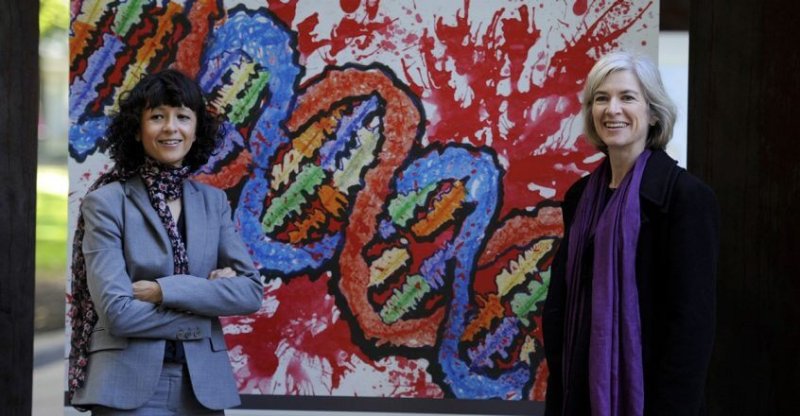In 2012, the discovery of the gene-editing tool CRISPR-Cas9 revolutionised scientists’ ability to modify DNA. Ten years on, host Alok Jha speaks to Jennifer Doudna, the Nobel laureate who pioneered the technology. She explains how CRISPR could transform healthcare and the food supply—and help with the fight against climate change. Plus, how does she grapple with the ethical questions raised by the technology she helped to invent?
[Editor’s note: There are numerous alternatives to CRISPR CAS-9, some of which predate Charpentier and Doudna’s technique. While CRISPR CAS-9 has its advantages, the others have benefits in scale, precision, and efficiency. Doudna maintains that the power and ease of CRISPR CAS-9 techniques improve upon existing methods and that her technique is constantly expanding applications.]































